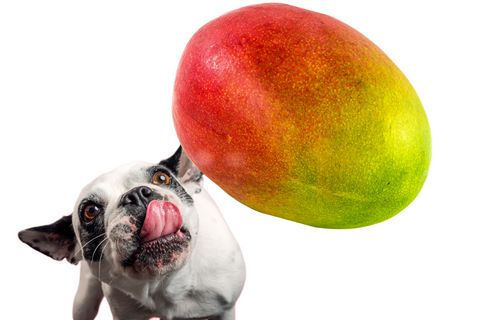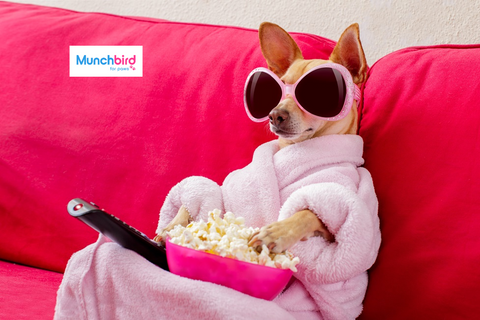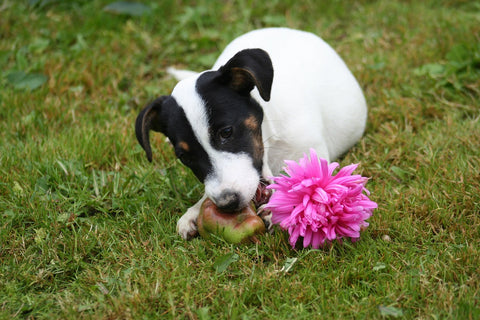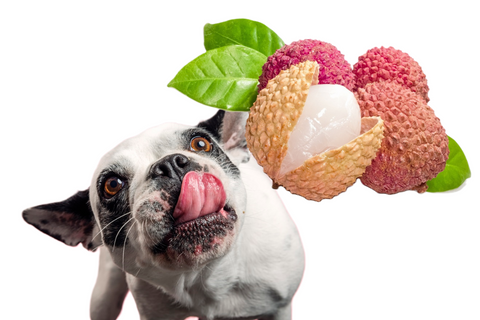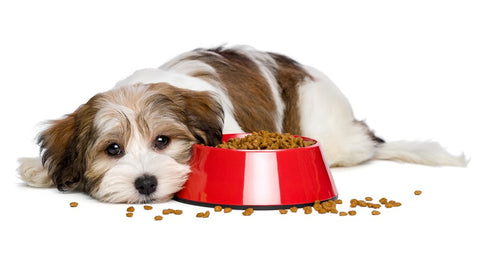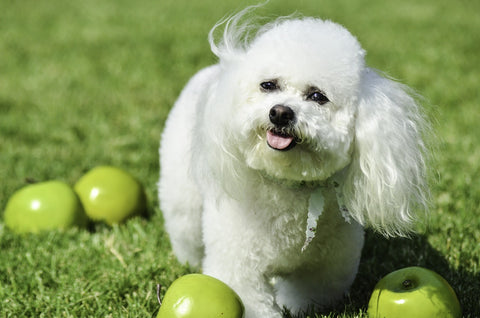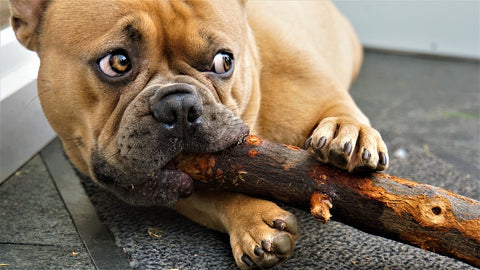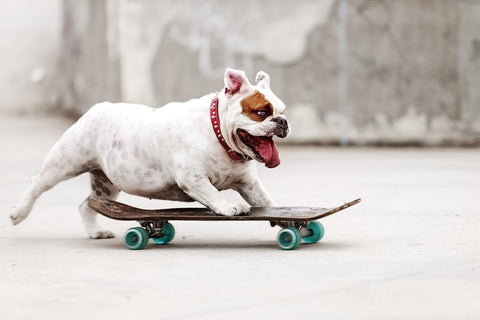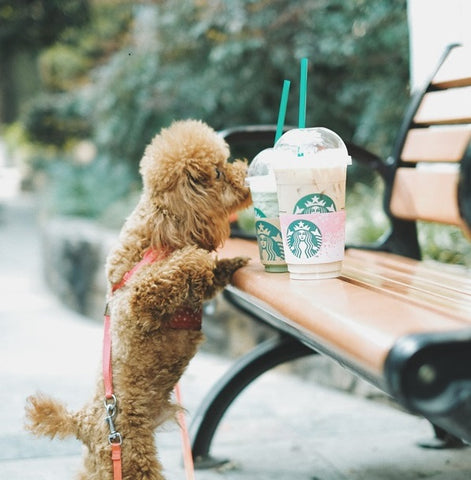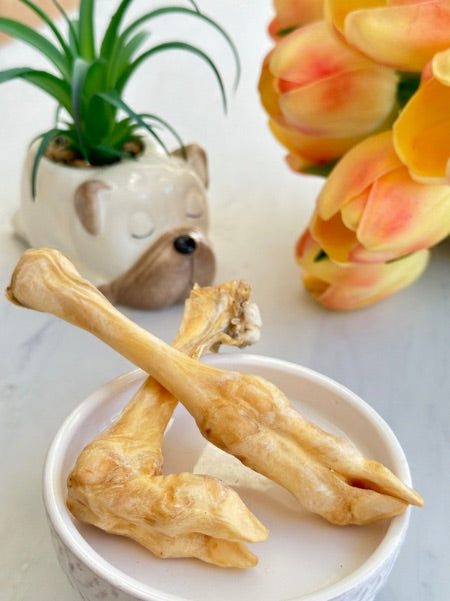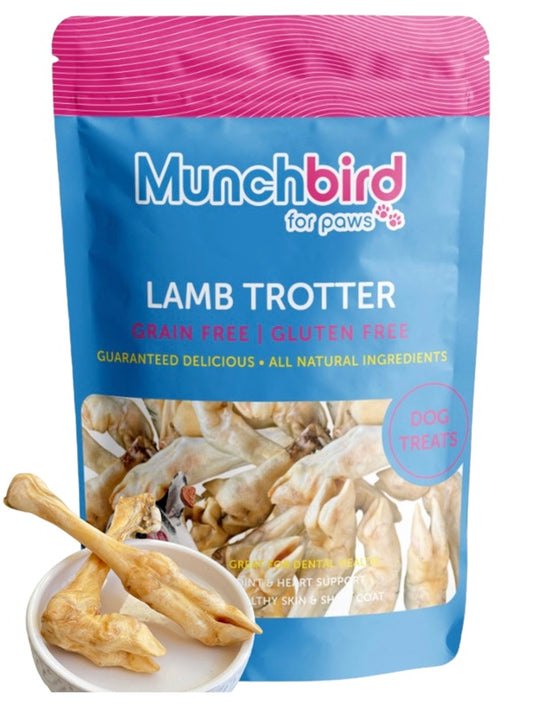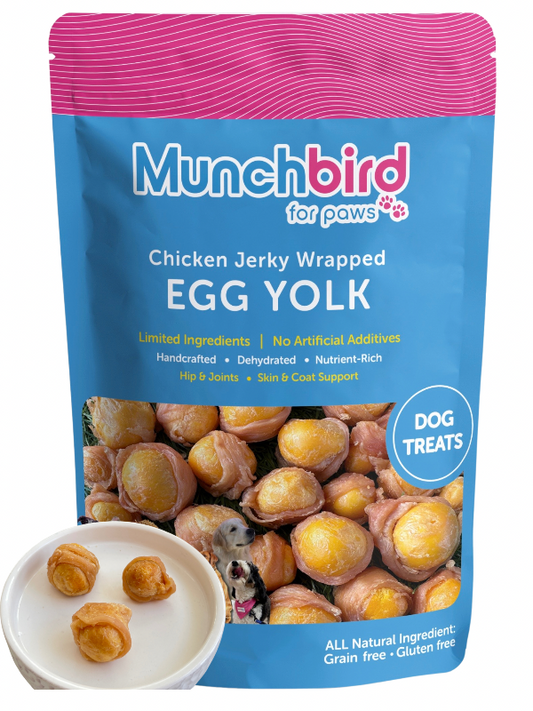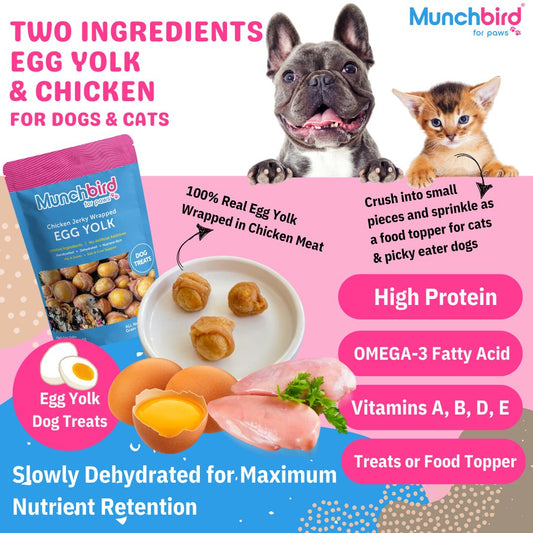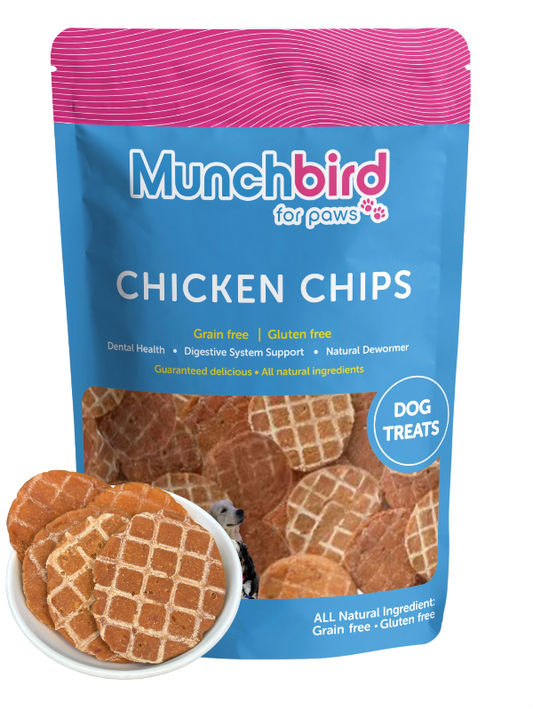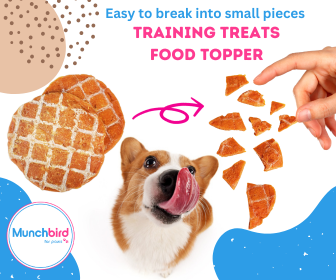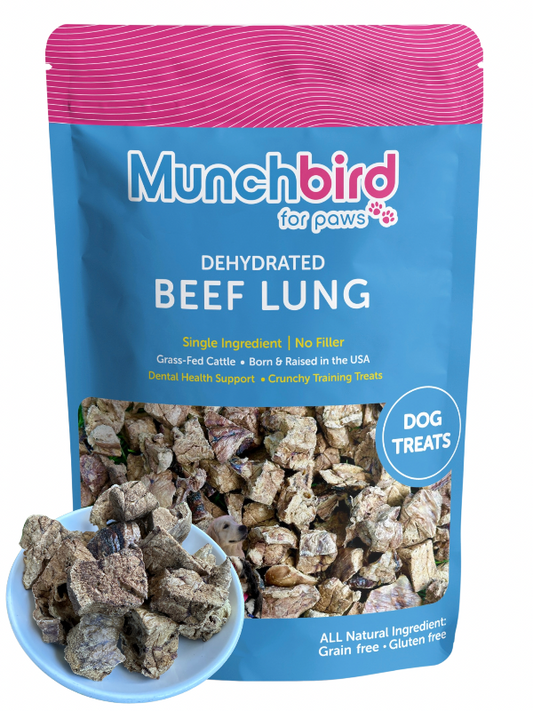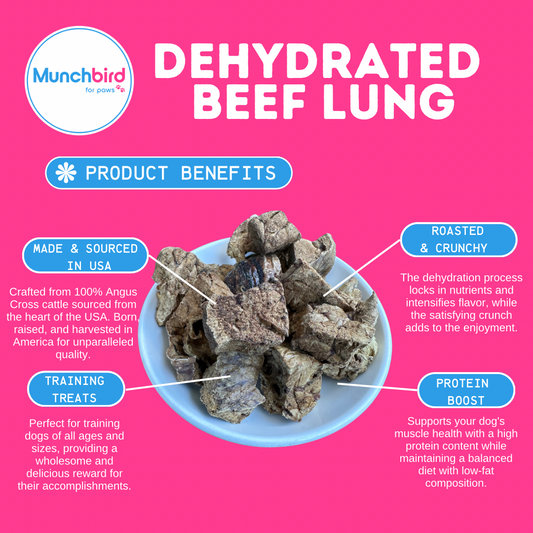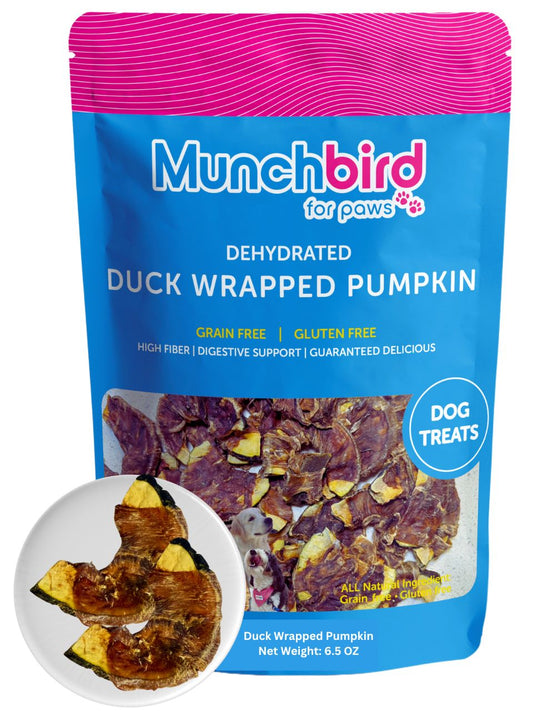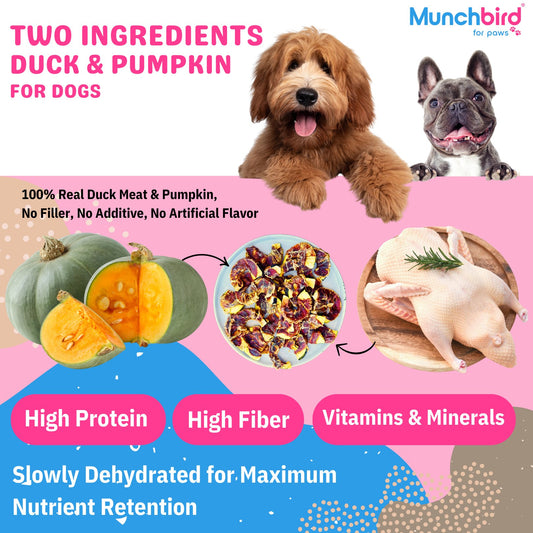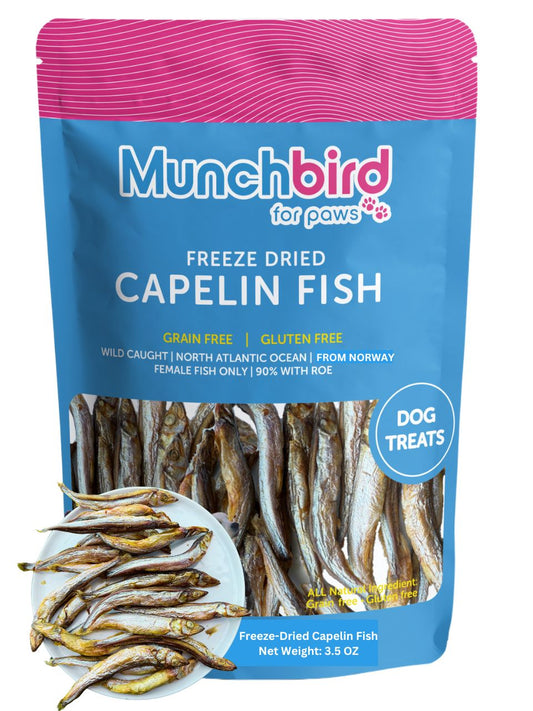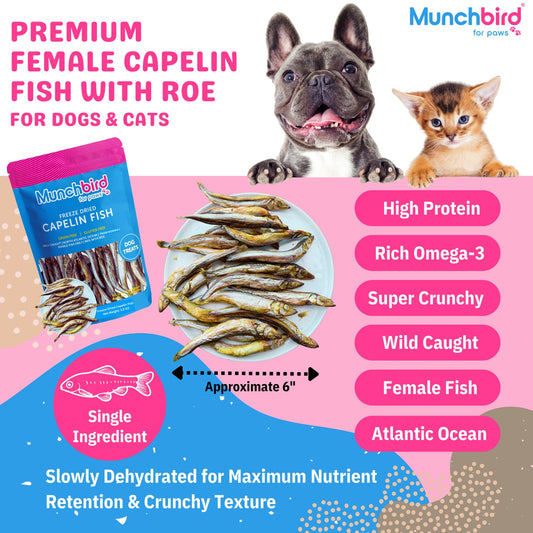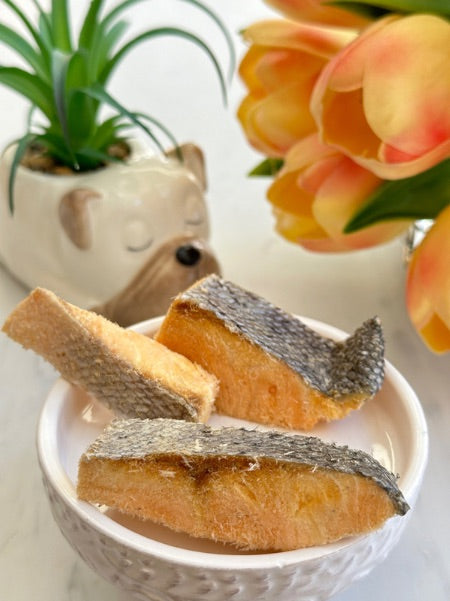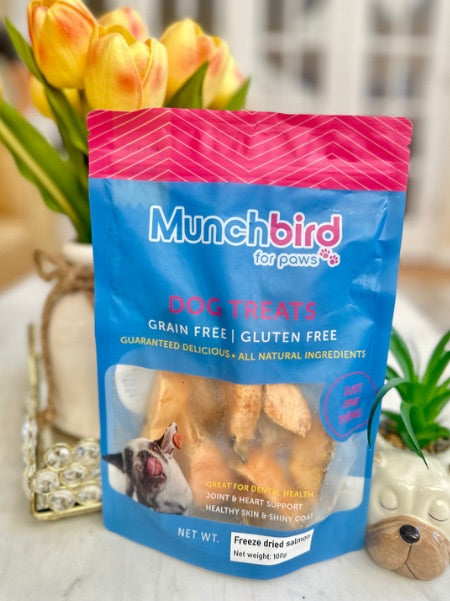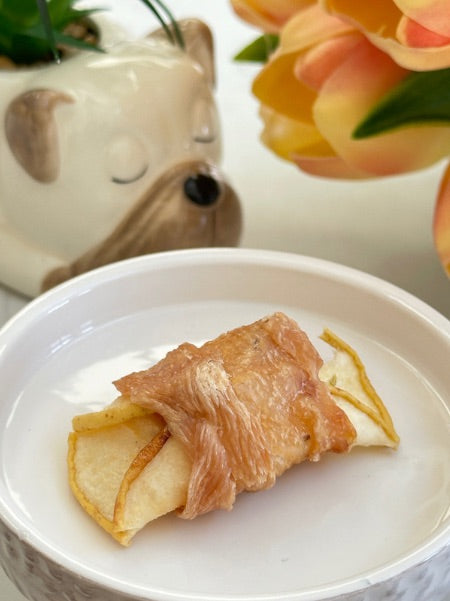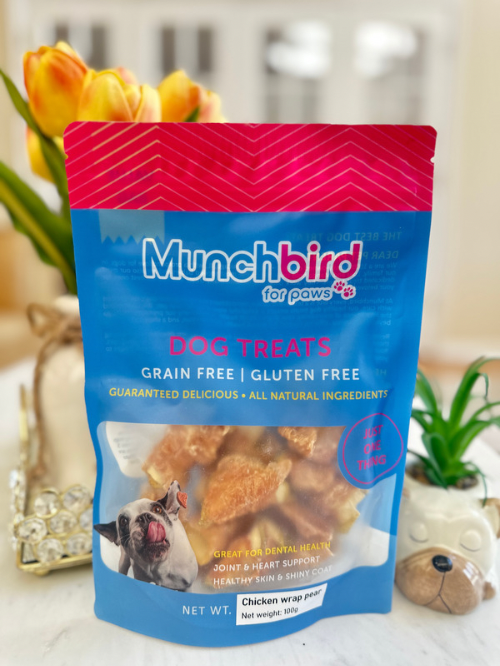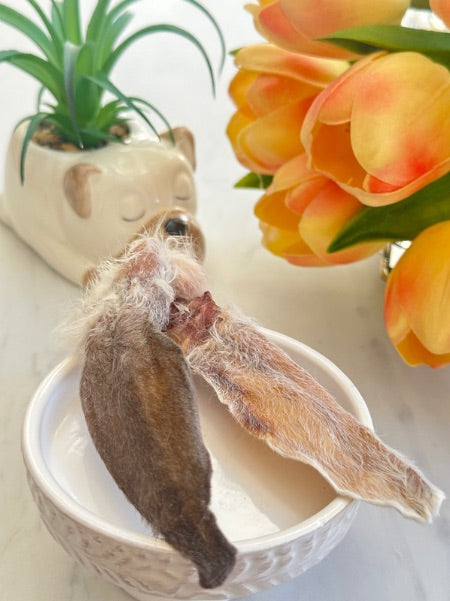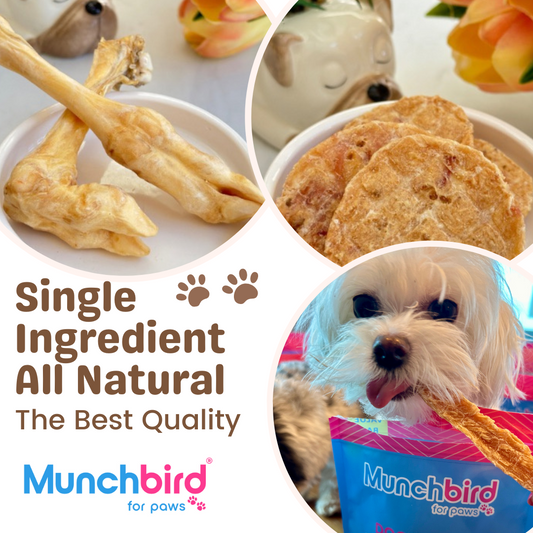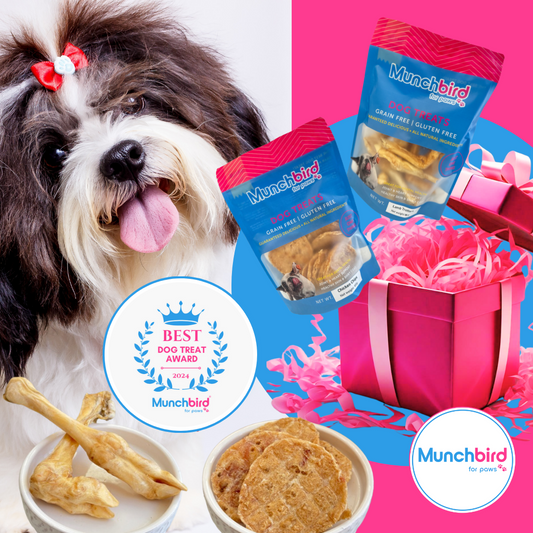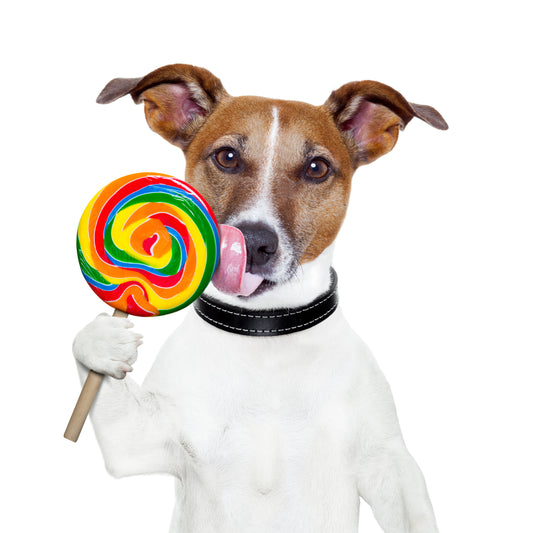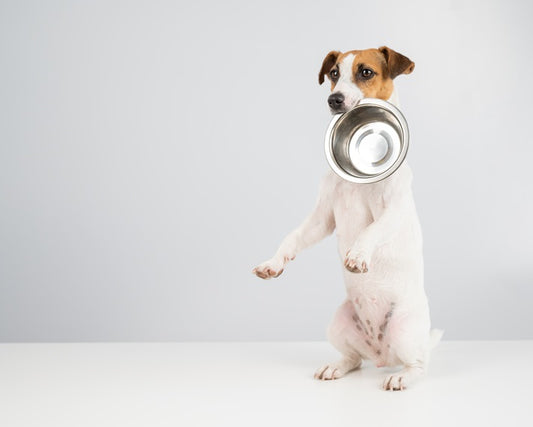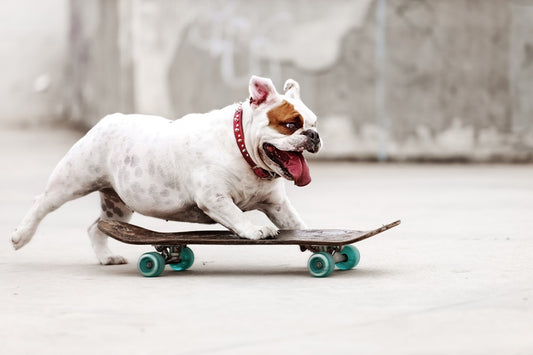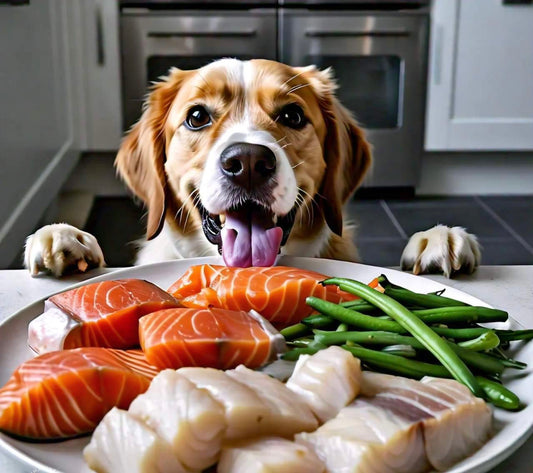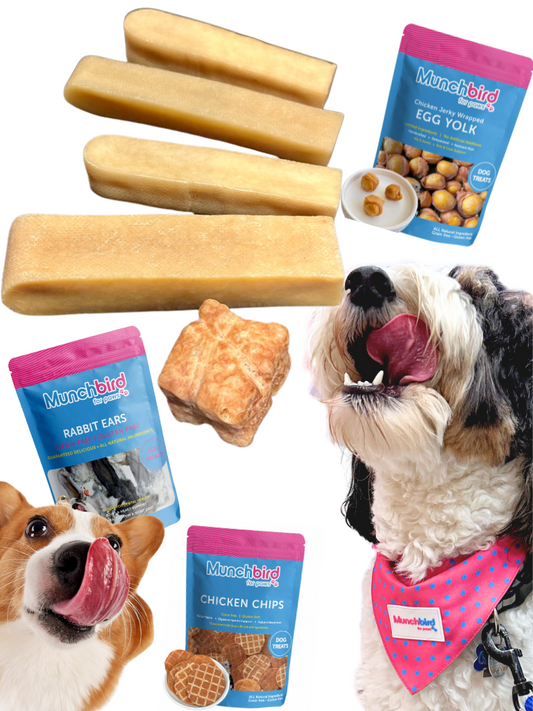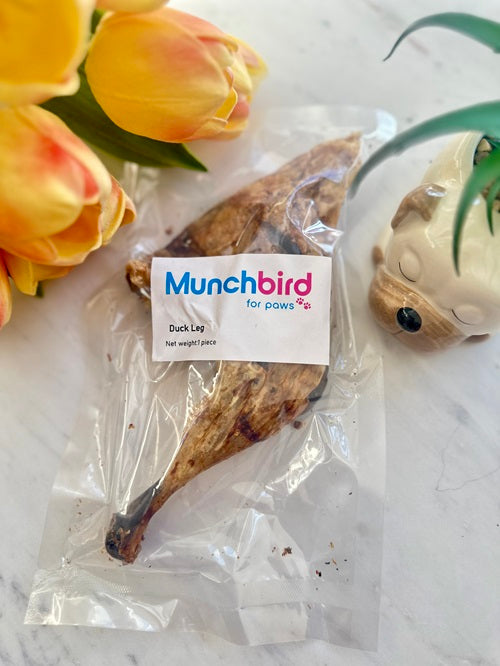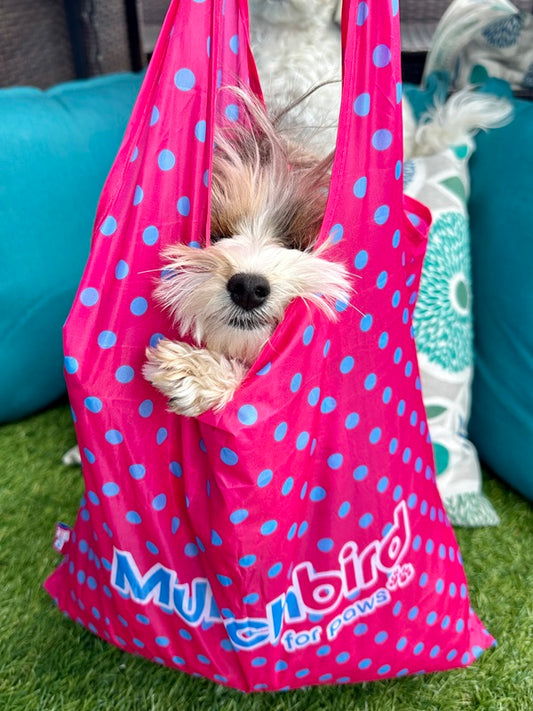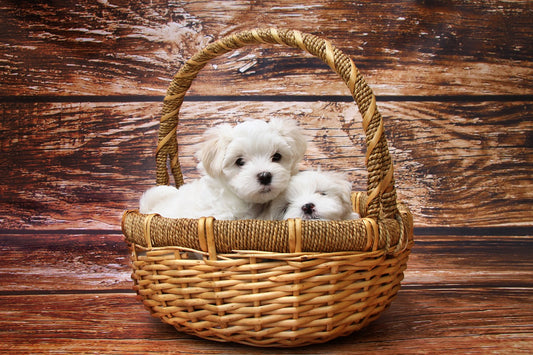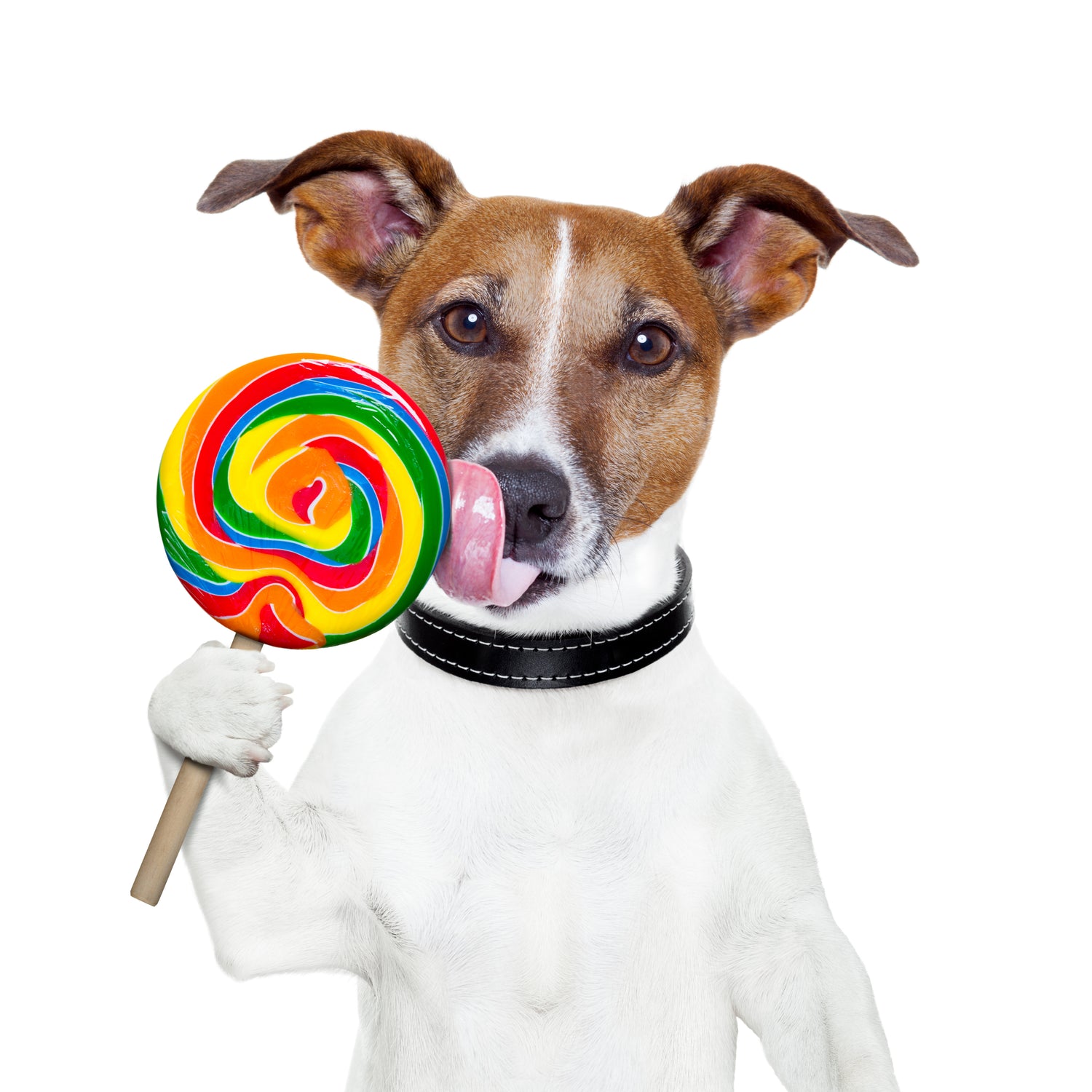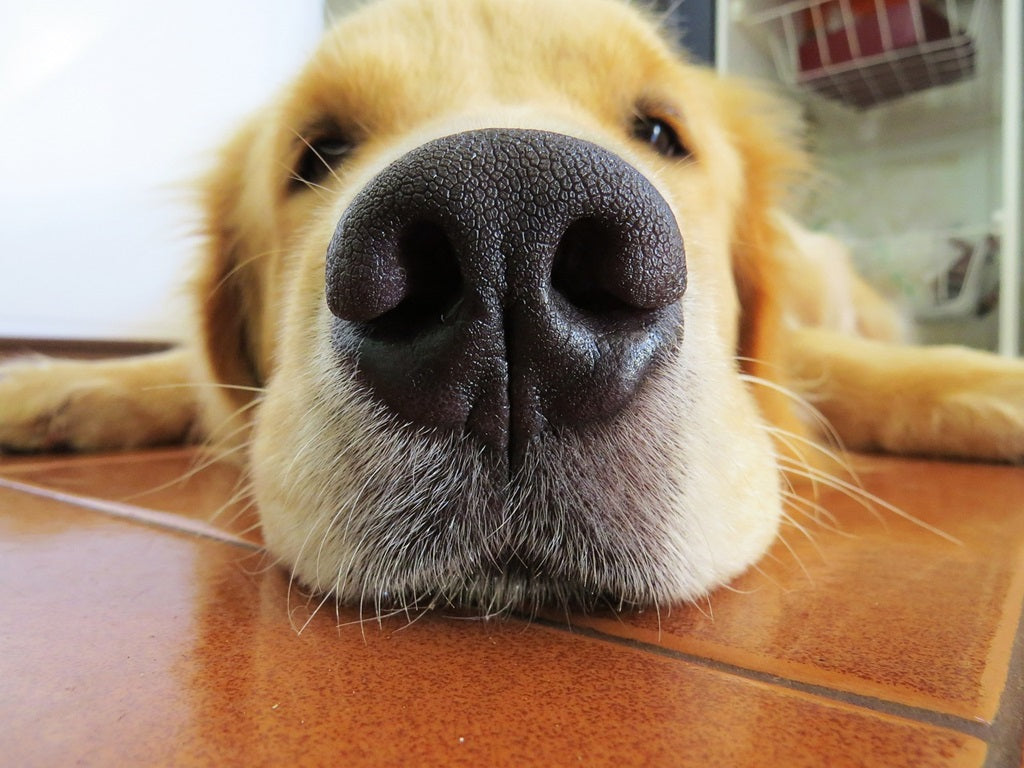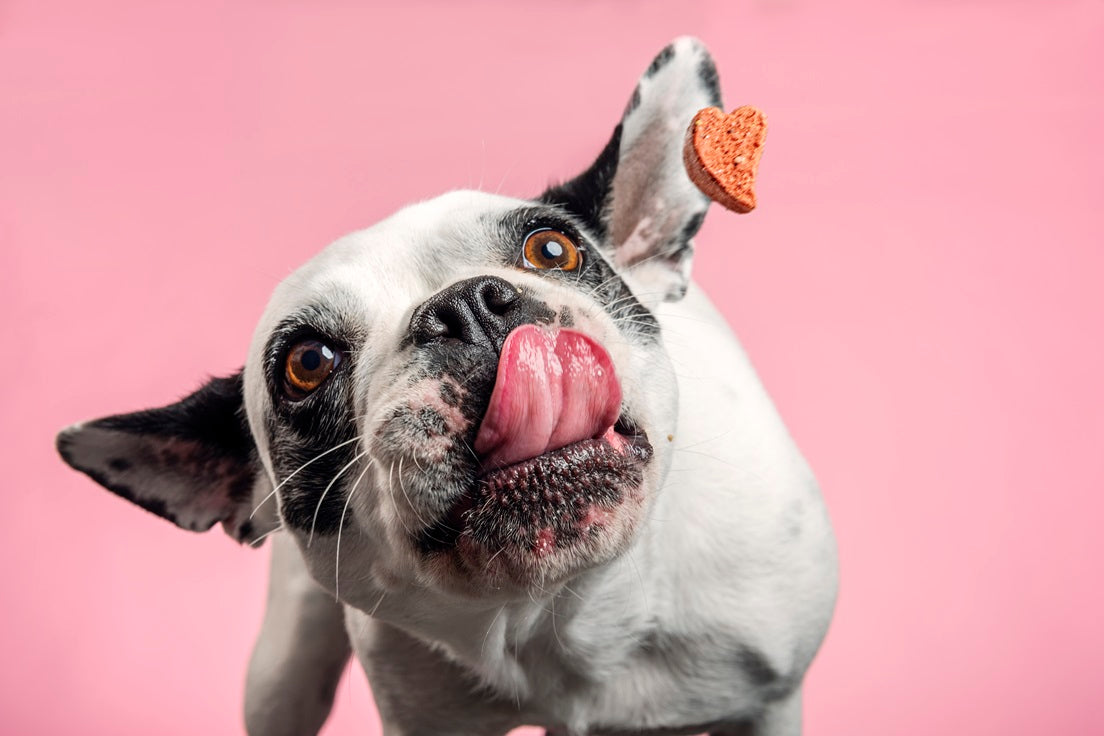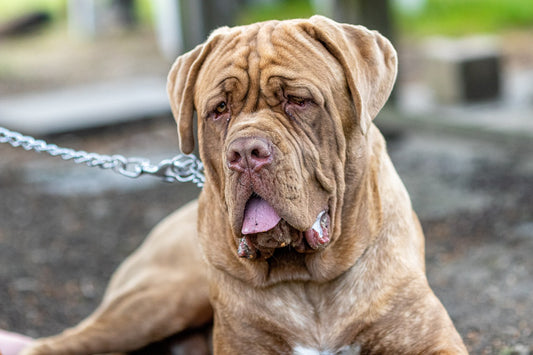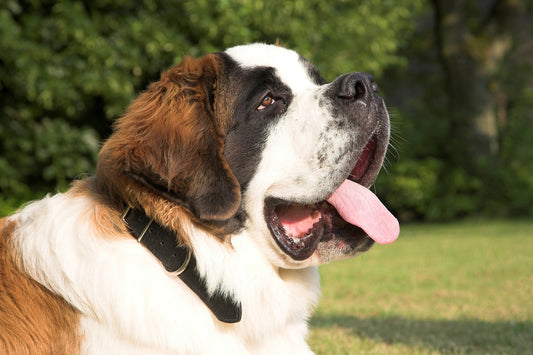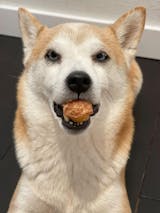Labrador Retrievers are one of the most popular and beloved dog breeds in the United States, known for their friendly disposition and playful nature. To ensure that your Labrador Retriever leads a healthy and active life, it's essential to provide them with a well-balanced diet. In this blog, we'll explore the dietary needs of Labradors and offer some guidance on crafting the best-balanced meals for your four-legged friend.
The Best Balanced Meals for Your Labrador Retriever
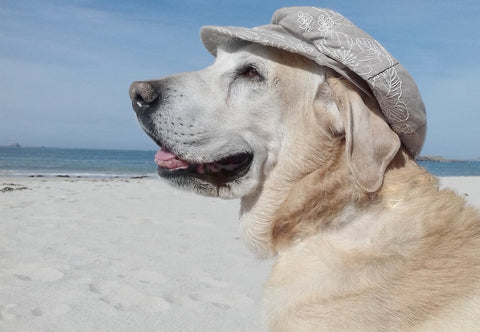
Champagne Labrador
Understanding the Nutritional Needs of Labradors:
Before delving into specific meal plans, it's crucial to understand the nutritional requirements of Labrador Retrievers. Labradors are active dogs that require a balanced diet to maintain their health, energy, and ideal weight. Here are the key nutrients your Labrador needs:
- Protein: Labradors are active and muscular dogs, so they require a diet rich in high-quality animal-based protein sources. Look for dog food with meat as the primary ingredient.
- Fats: Healthy fats are essential for your Labrador's skin and coat health, as well as for energy. Omega-3 and Omega-6 fatty acids are particularly important.
- Carbohydrates: While dogs don't require carbohydrates in the same way humans do, they can be a source of energy. High-fiber carbs like whole grains and vegetables can be beneficial.
- Vitamins and Minerals: Labradors need a variety of vitamins and minerals to support their overall health. Look for dog food that includes these essential nutrients.
- Water: Always ensure your Labrador has access to fresh, clean water to stay hydrated.
Balanced Meal Plan for Your Labrador Retriever:
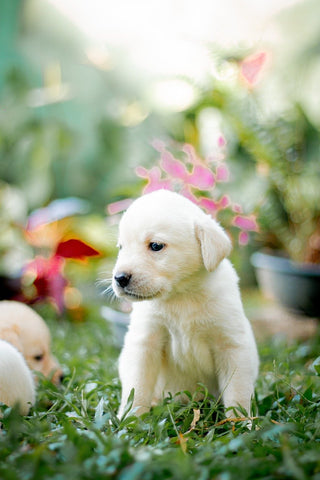
Now that you understand the nutritional needs of your Labrador, let's create a sample balanced meal plan for your furry friend.
- Protein Source: Lean meat such as chicken, turkey, or beef provides essential protein. Aim for a protein content of around 25-30% in your dog's food.
- Healthy Fats: Incorporate sources of healthy fats, such as fish oil or flaxseed oil, for their Omega-3 and Omega-6 fatty acids. This will promote a shiny coat and overall well-being.
- Carbohydrates: Add carbohydrates in moderation, such as brown rice or sweet potatoes. These provide energy and dietary fiber.
- Vegetables: Include a variety of vegetables like carrots, peas, and green beans for added vitamins and minerals. Some dogs enjoy fruits like blueberries and apples as well.
- Portion Control: Labradors are prone to obesity, so be mindful of portion sizes. Follow the recommended feeding guidelines on your dog's food packaging, and adjust as needed based on your dog's activity level and age.
- Fresh Water: Ensure your Labrador has access to fresh water at all times.
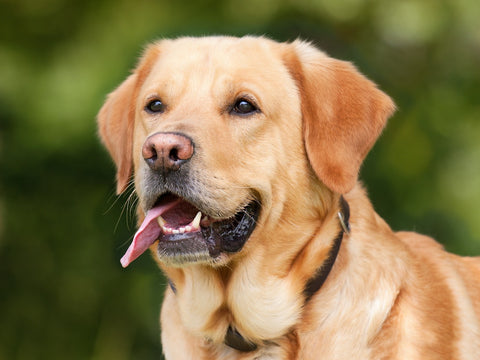
Red Labrador
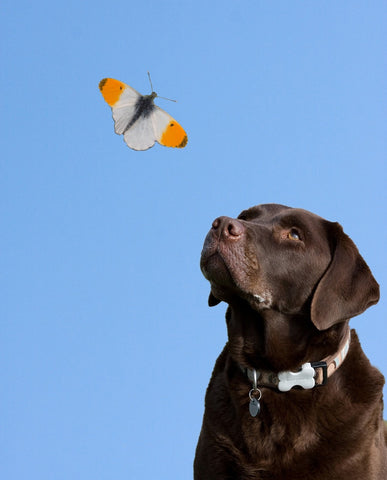
Blue Labrador
Avoid Harmful Foods:
It's important to note that some foods are harmful to dogs and should be avoided, including chocolate, grapes, onions, and garlic. Be cautious about giving your Labrador table scraps or allowing them access to these foods.
Consult Your Veterinarian:
Every dog is unique, and their dietary needs may vary. It's essential to consult your veterinarian to create a personalized nutrition plan for your Labrador Retriever. They can provide guidance on portion sizes, specific dietary requirements, and any potential health concerns.
Conclusion:
Providing your Labrador Retriever with a well-balanced diet is key to ensuring their health, energy, and longevity. Remember to choose high-quality dog food, monitor portion sizes, and incorporate a variety of nutrients into their meals. By following these guidelines and consulting your veterinarian, you'll help your Labrador thrive and enjoy a happy, healthy life by your side.
Other Topics to Explore:
| Chicken Liver Treat vs. Beef Liver Treat: Which Is Better for Your Pup? | https://www.munchbird.com/blogs/dog-treats/are-salmon-dog-treats-good-unveiling-the-benefits-and-considerations |
| Are freeze dried liver treats bad for dogs? | https://www.munchbird.com/blogs/dog-treats/are-freeze-dried-liver-treats-bad-for-dogs |
| Are Salmon Dog Treats Good? Unveiling the Benefits and Considerations | https://www.munchbird.com/blogs/dog-treats/chicken-liver-treat-vs-beef-liver-treat-which-is-better-for-your-pup |
| Is Liver Treat Good for Dogs? Unveiling the Nutritional Benefits and Considerations | https://www.munchbird.com/blogs/dog-treats/is-liver-treat-good-for-dogs-unveiling-the-nutritional-benefits-and-considerations |

